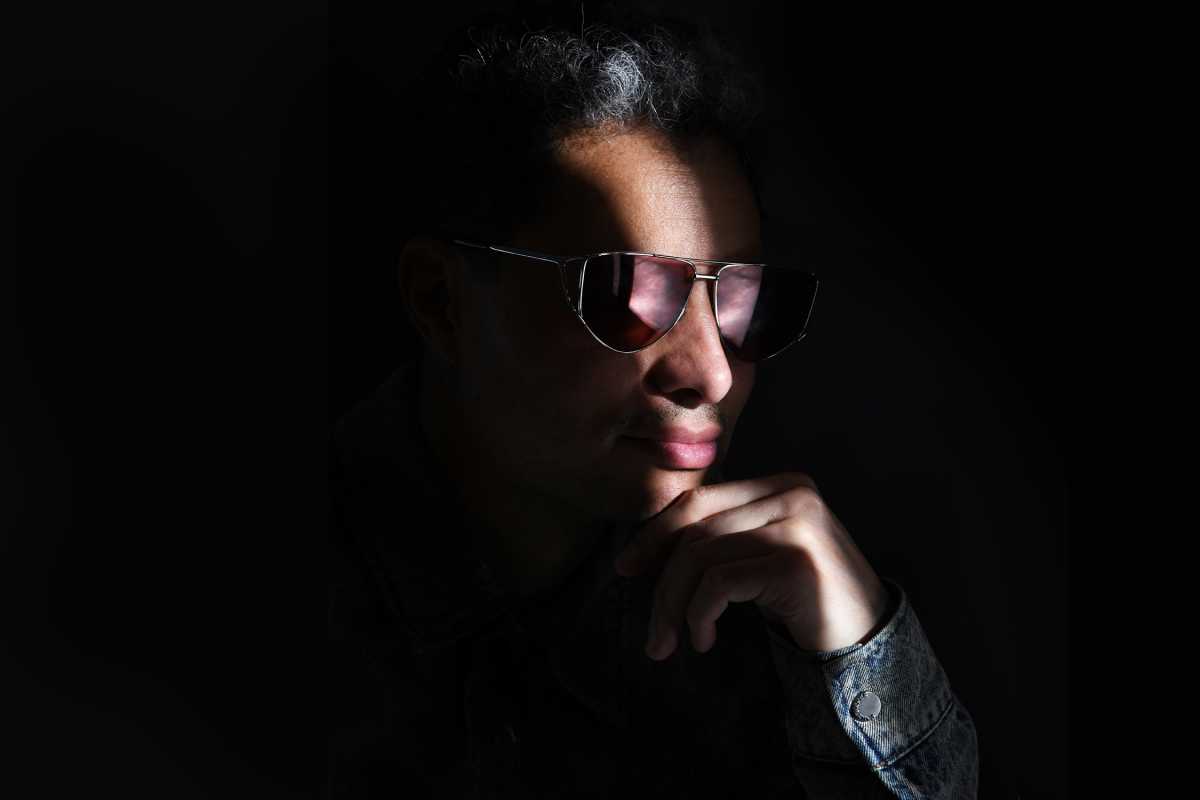Jose James’ first musical memory was, curiously, a silent one.
“I was looking through my mom’s records when I was four years old,” he recalls. “And she had some interesting ones, like the Ohio Players. But I stopped cold when I found Billie Holiday. The cover was in black and white, not like the others. I remember staring at it and being fascinated.”
“She became my jazz mother – if I could see any artist, dead or alive, it would be Billie Holiday,” James adds.
James eventually put out his own tribute to the legendary singer, but that was a long way off. First, he had to make his way through a musical education with everything else that his parents exposed him to.
His dad was a working saxophonist, but it was his mom who took him to soul and R&B gigs in Minneapolis and turned him onto The Doors and Jimi Hendrix, as well as classical music. There were also shows like Michael Jackson’s BAD tour, where James learned about “the power of music.”
His first ambition was to be a rapper, but he admits, “I didn’t like the way I sounded. I realized it wasn’t for me. I was in love with all those artists in the golden age of rap; I still am — like Mos Def, the Beastie Boys, Cypress Hill, Ice Cube. It was an exciting time! Literally every week, there was a new classic.”
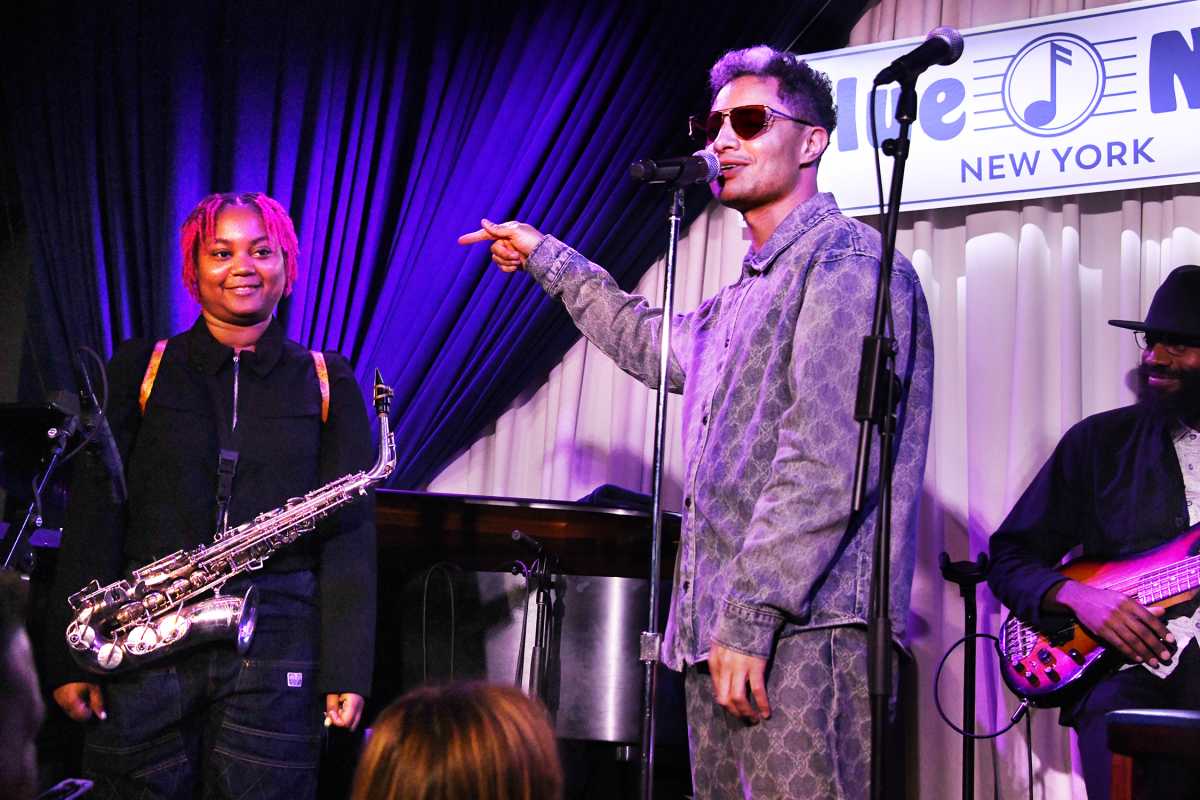
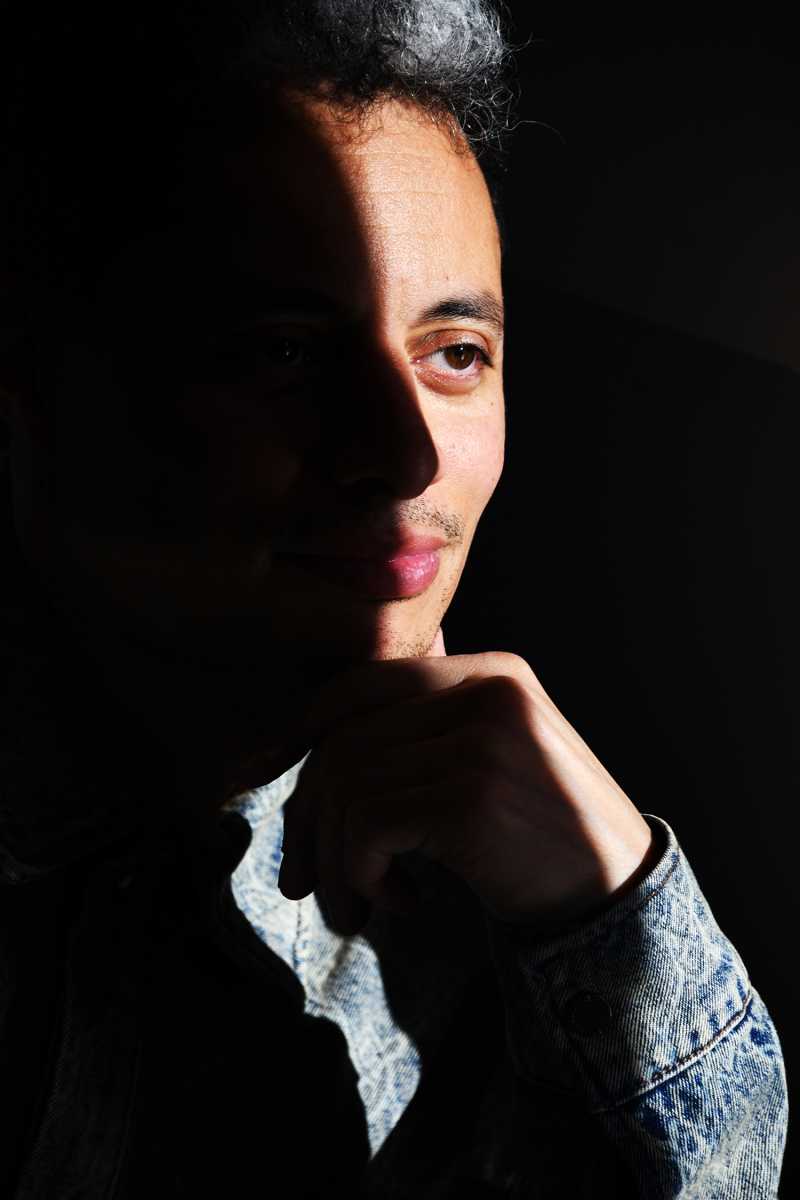
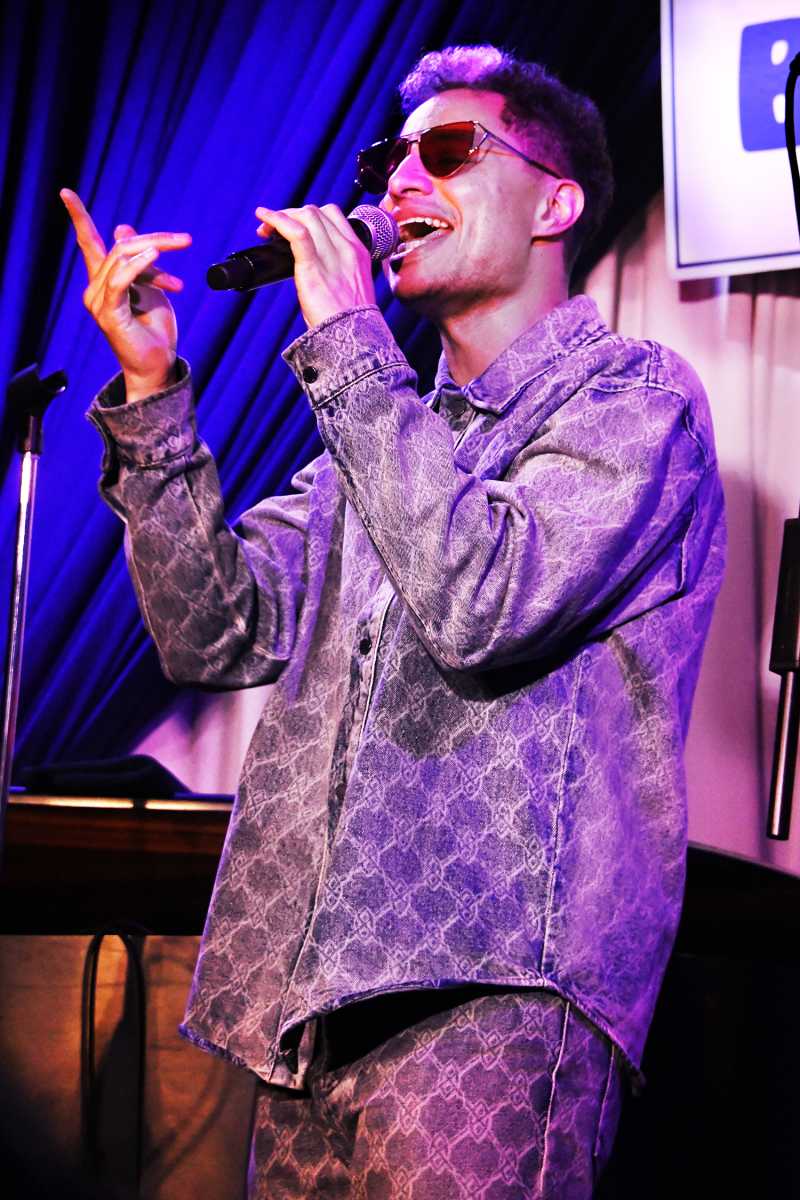
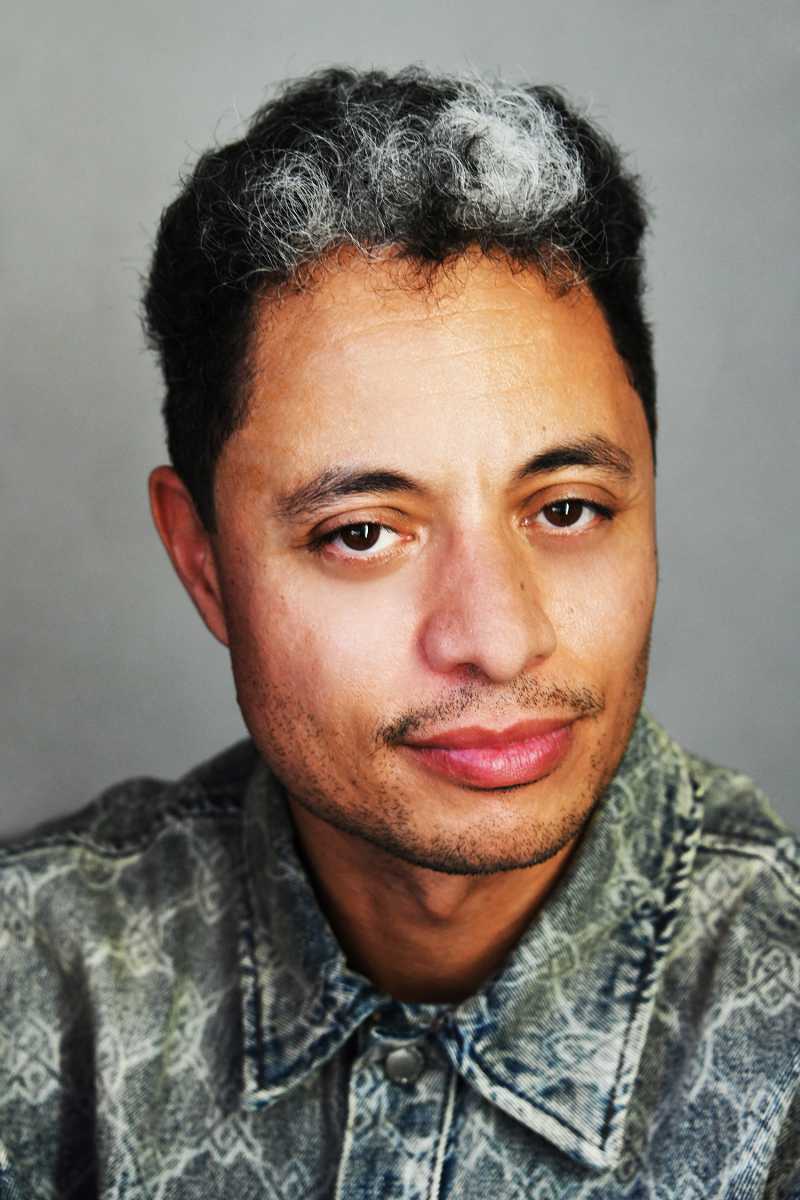
James got into jazz through the samples used in hip-hop. When he rediscovered John Coltrane and Holiday, he knew what he wanted to do: “I first came to New York when I was 17 and the first show I saw was Roy Hargrove — it was mind-blowing. At that point, I knew I wanted to be a jazz singer.”
He moved to the city in 1999, took any day job he could, including one in a flower shop, struggled to find work as a singer, and studied music at The New School.
“This is a hard scene,” he acknowledges. “I didn’t know anyone — I couldn’t find a gig anywhere.”
James has lived all over the city — Spanish Harlem, Astoria, Park Slope, the Lower East Side — and if he’s learned one thing, it’s that, “New York has no patience for mediocrity, and I respect that. And now, no matter where I live, New York is always going to be my home.”
Although the renowned percussionist Chico Hamilton and pianist Junior Mance became mentors, James was “really close to giving up” when he made a trip to London and met Giles Peterson, the influential DJ, record label owner, and festival producer.
Peterson gave him his first record deal, and everything changed. “I went from an unknown singing to three people in the room to doing festivals for 40 to 50,000,” James says. “I felt so lucky.”
“I realized quickly that I was a different kind of jazz singer,” he muses. “I wanted to expand myself as a writer. I’ve had mixed feelings about the term jazz over the years; there are limitations around that word, but I realized that jazz is what you make it. If you don’t look at jazz as a museum piece, then it’s the most exciting art form in the world. There isn’t as much freedom in other genres – you can do anything you want and say: This is jazz. I’m happy to be called a jazz singer – I’ve been called a jazz singer for the hip-hop generation.”
“When my first album came out, I wanted it to be great,” he continues. “I didn’t know if I’d ever have the chance to make another one. If that was my only album, I wanted it to stand the test of time. Now, I want to be able to give the next generation the freedom to make other choices. They can look on my successes or failures to have something to gauge against.”
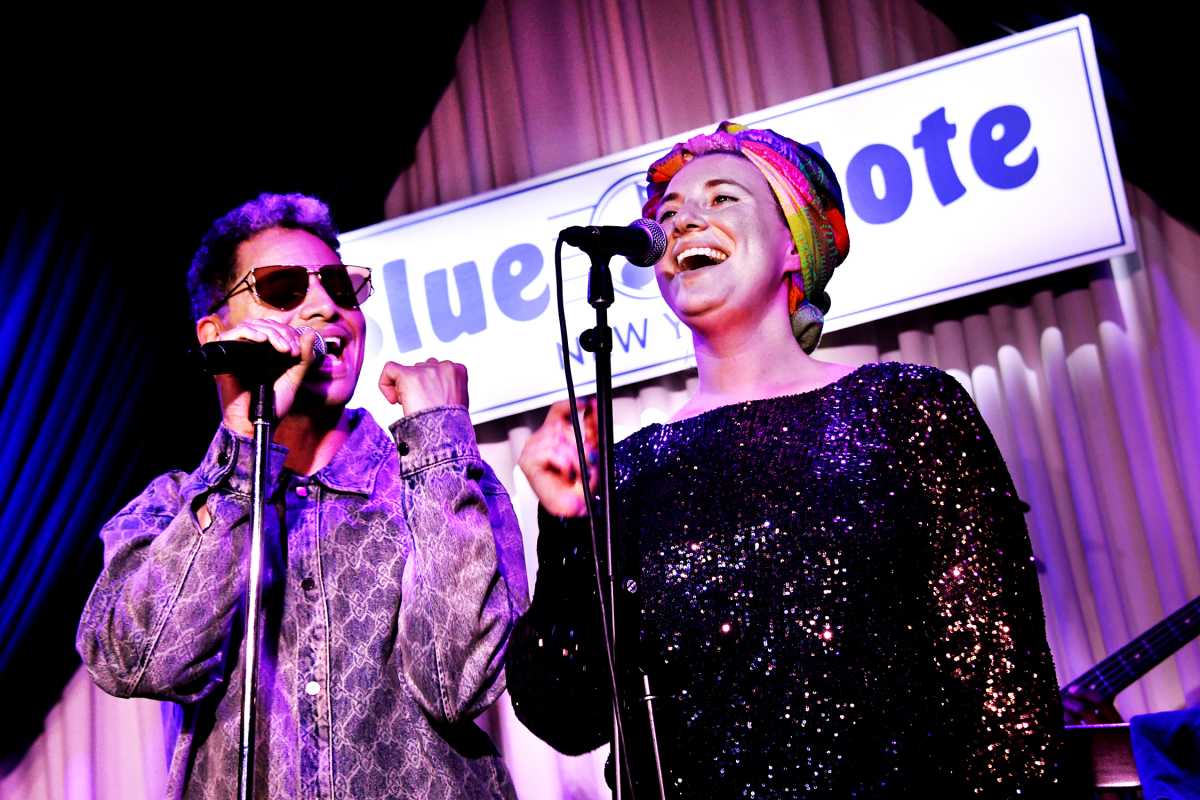
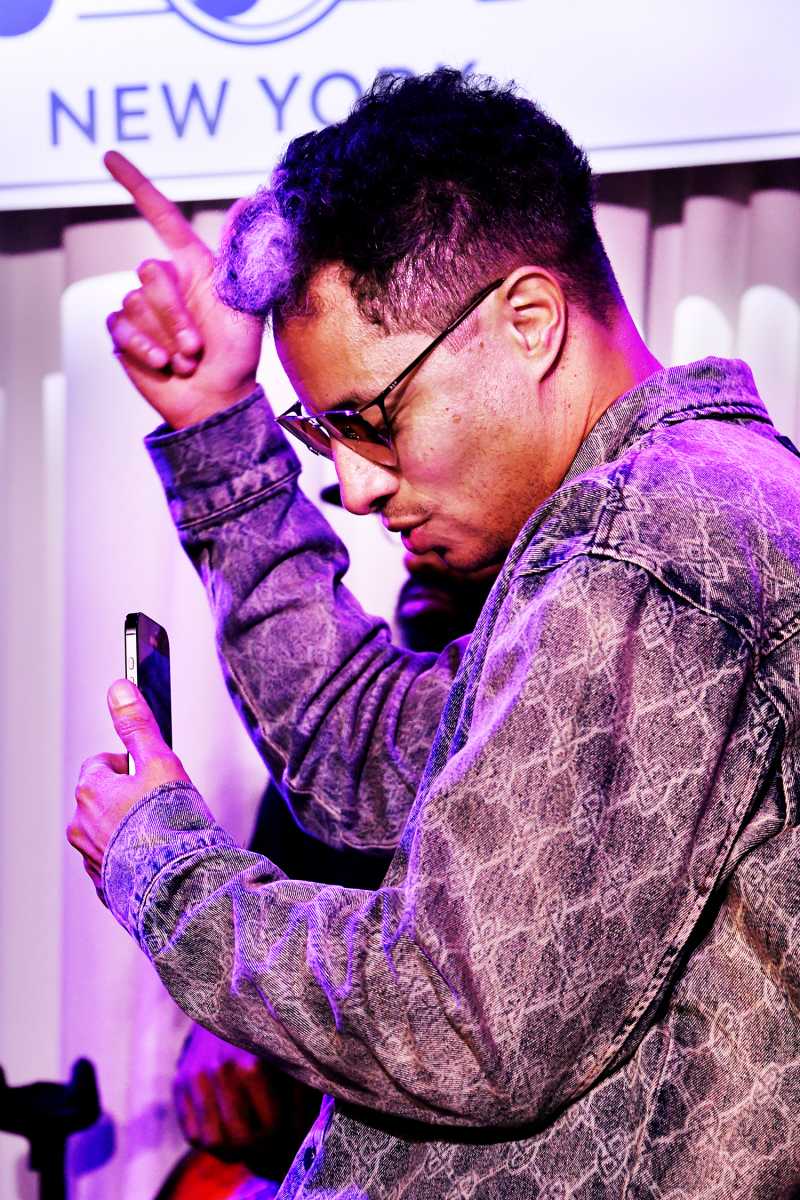
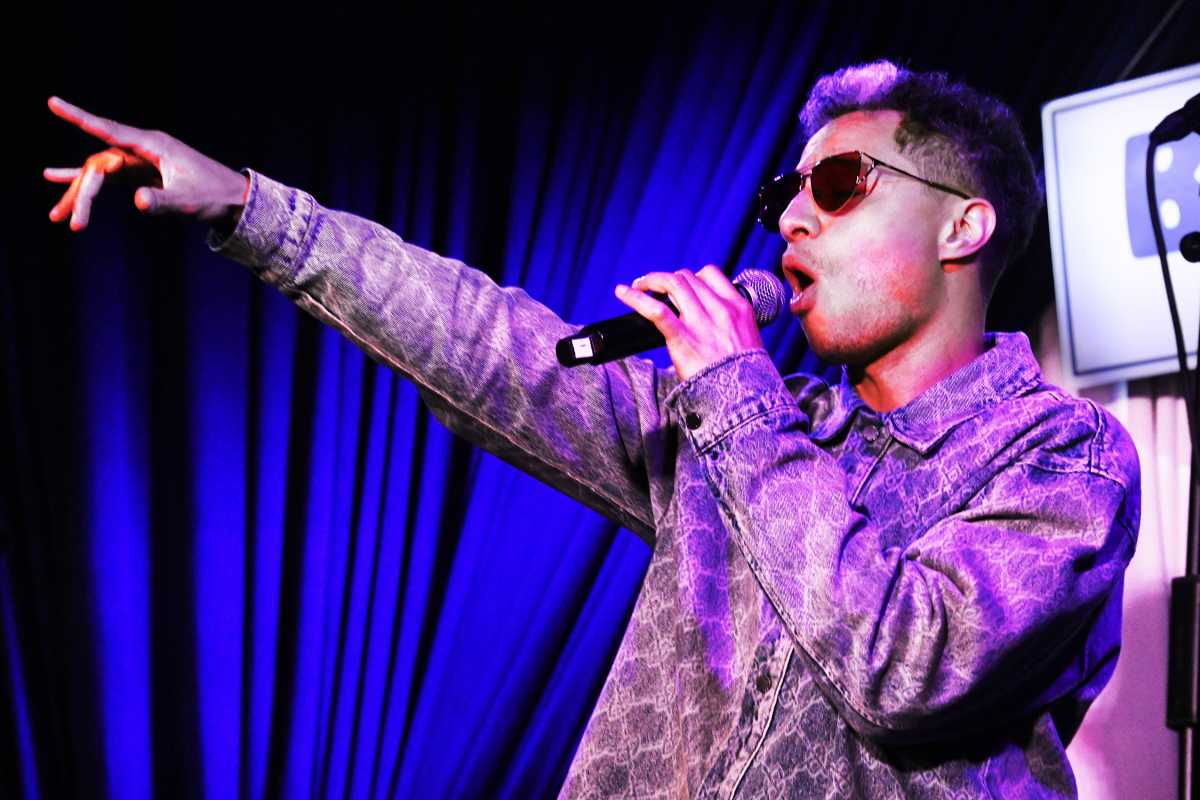
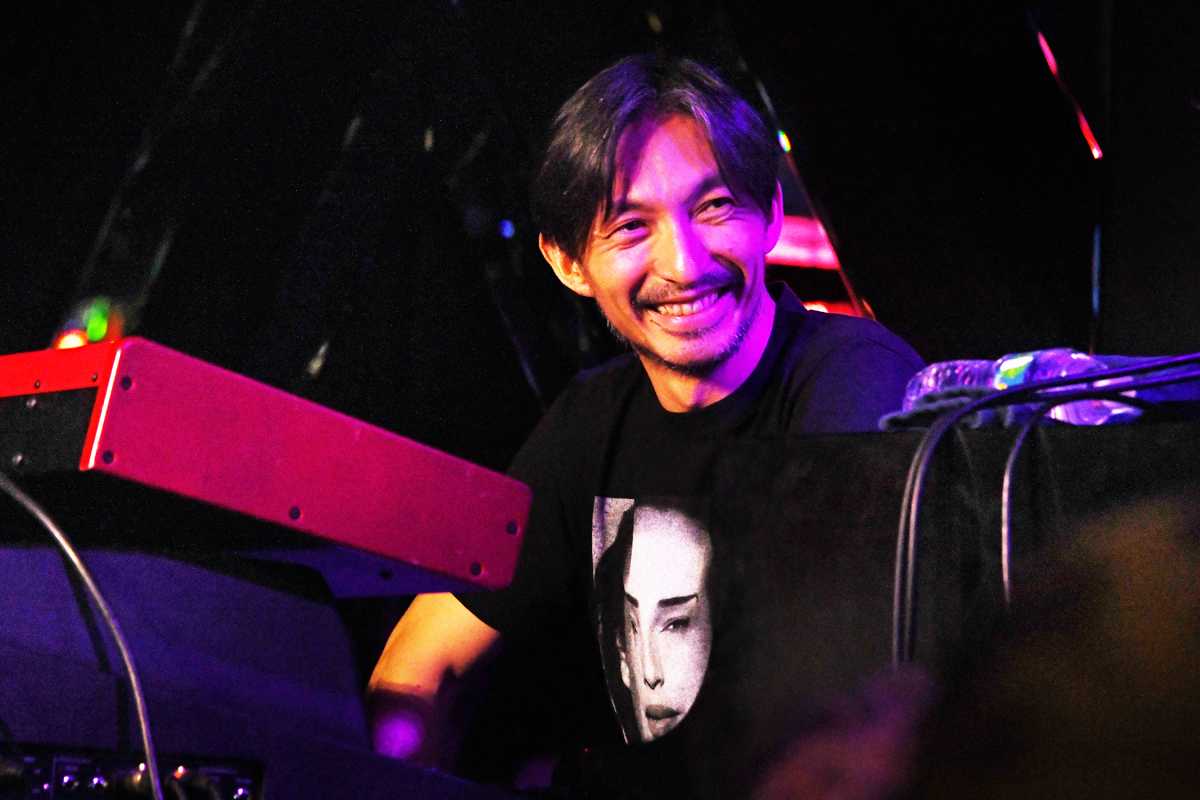
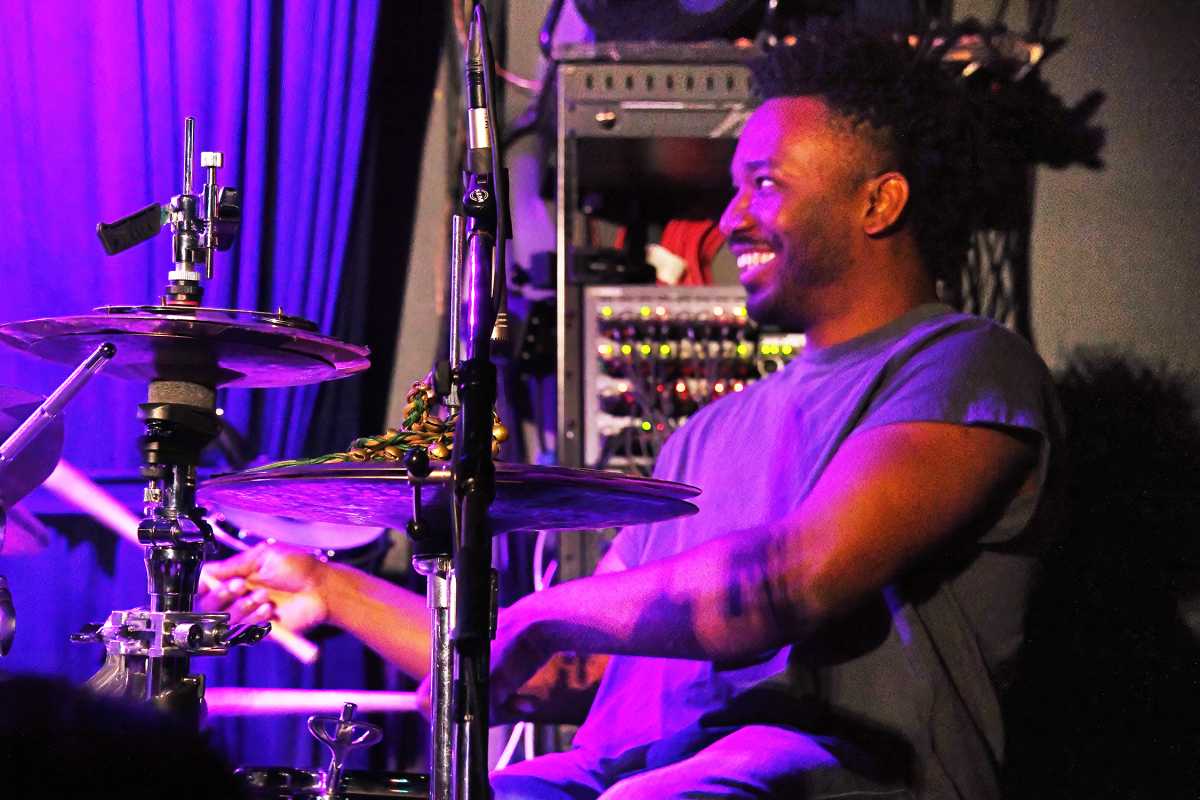
James mixes funk, soul, electronica, and hip-hop into his LPs, while also looking back for inspiration: “I always look to the past. … What did Cole Porter do? What worked for Frank Sinatra? What did Sinatra do in his lean times? He started his own label and recorded some weird stuff. … I always look for the weird stuff, the stuff that didn’t work.”
Things are working on his newest album, “1978: Revenge of the Dragon,” a mix of new originals and covers that were drawn from that year (the year he was born, actually). James brings things full circle with a laid-back crooning version of Jackson’s “Rock With You” and puts his own spin on The Rolling Stones’ “Miss You”, both of which he did at the first show of his residency at the Blue Note on May 19 with his excellent band.
Consisting of BIG YUKI on keyboards, Ebban Dorsey on sax, Kyle Miles on bass, Jharis Yokley on drums, and special guest Taali on vocals, the combo ably supported James while frequently getting the chance to show off their chops. (On a personal note, we’d love to hear the band jam out as a coda to “Miss You.” Just a thought.)
James took time between tunes to connect with the audience, stopping his patter one point to say that “you can clap, you can make noise, it’s jazz, it’s not a TED Talk! Well, maybe it is.”
Somewhere in that talk, he mentioned his love of kung fu movies, stating that, “Kung Fu is like jazz, you learn the form and then you do what you want with it.”
“I study Shaolin kung fu,” he tells us later. “It helps me slow down. I’m not a Buddhist, but being in the temple, around monks, and learning the movement, I’ve learned that I’m not as important as I thought I was, in my mind. What is important is being a good person and helping the world be a better place.”
James’ latest short film, “Tokyo Daydream,” premieres on Friday on his YouTube channel: youtube.com/user/
James continues his residence at the Blue Note through Thursday: bluenotejazz.com/nyc/shows/?
He is online at josejamesmusic.com and on Instagram at @josejamesmusic.



